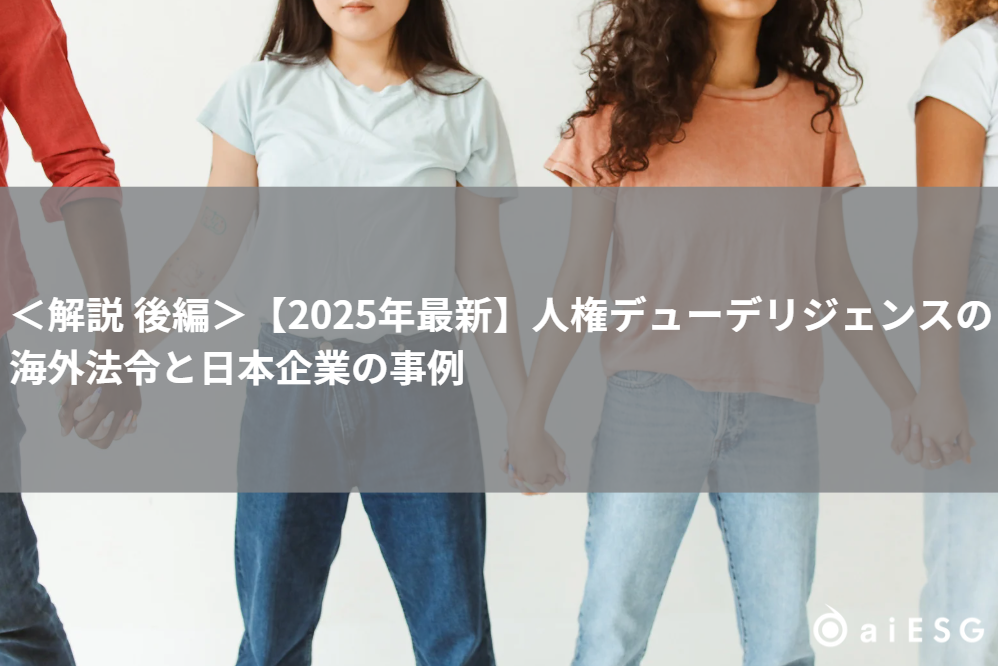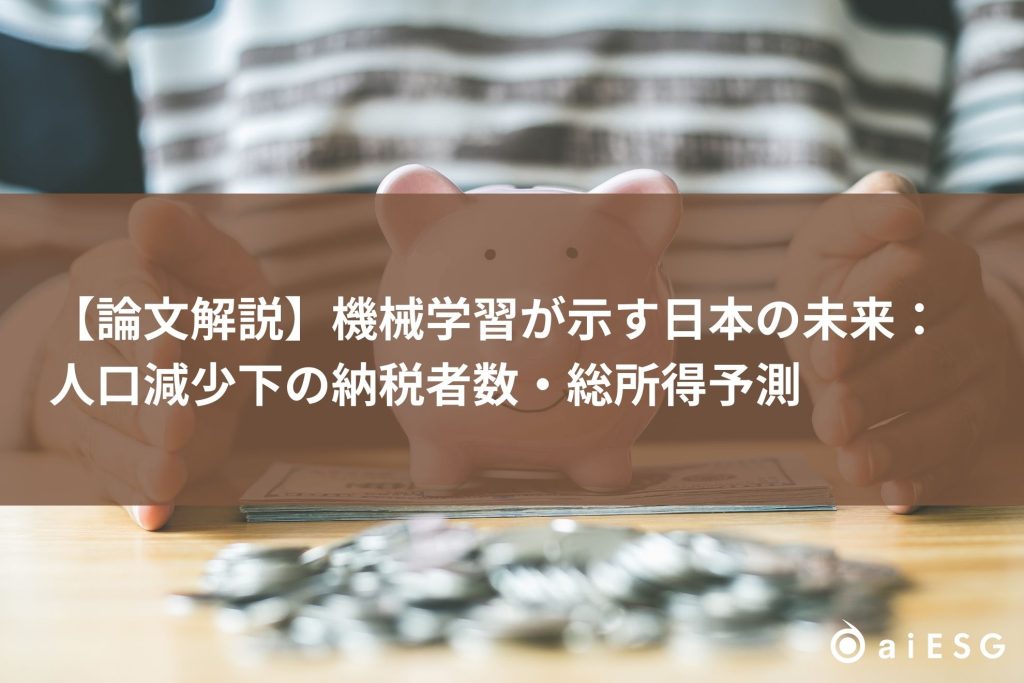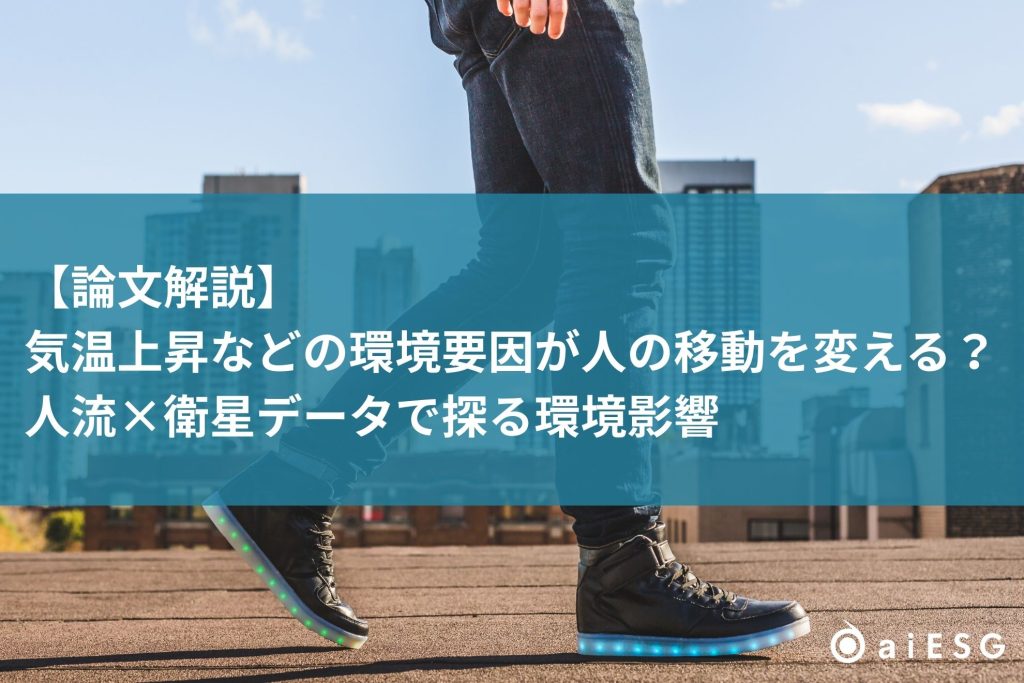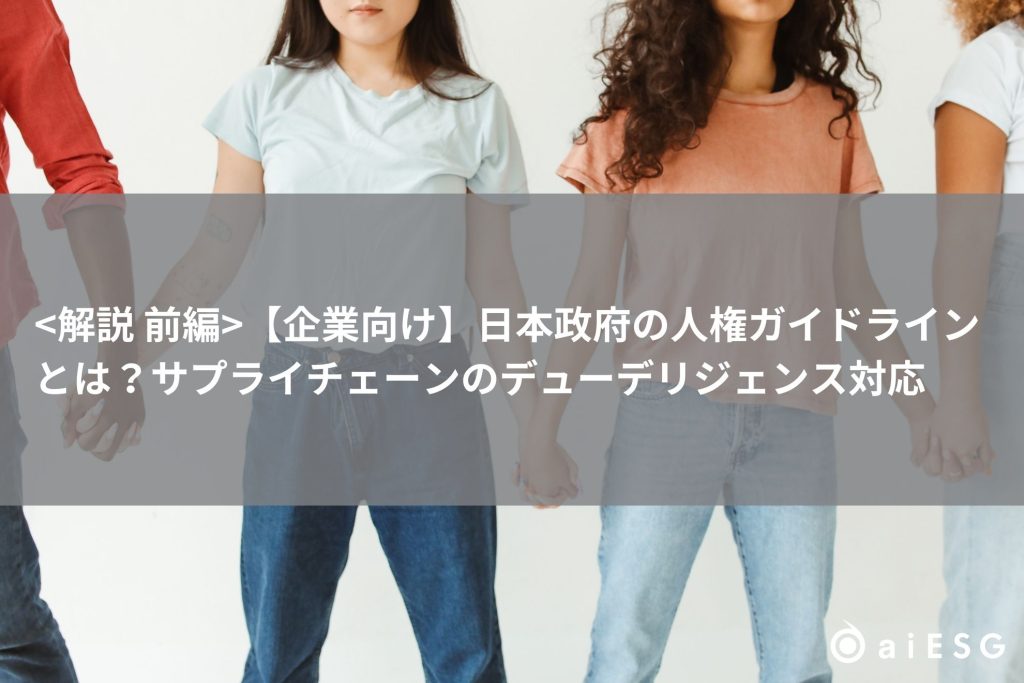INDEX
Part I ArticleIn the first part of this report, we explained the background and necessity of the "Guidelines for Respecting Human Rights in Responsible Supply Chains, etc." formulated by the Japanese government. In the second part, we will introduce overseas laws and regulations on human rights due diligence (DD) and Japanese companies' responses to them, with specific examples. In particular, we focus on risk assessment and countermeasures in the supply chain and value chain, and examine the challenges faced by companies and their solutions.
Increasing regulation is not the only challenge companies face in managing their global supply chains. The multi-layered nature of trading partners and the complexity of data management are also major factors. In recent years, supply chains have become more visible, and companies are increasingly required to manage not only primary suppliers, but also secondary and tertiary suppliers. Furthermore, risk management methods throughout the value chain are diversifying, and risk monitoring using technologies such as AI and blockchain is becoming increasingly important.
Key points of this article
- Overseas human rights due diligence legislation: you can check each law and whether your company is involved.
- Human Rights Due Diligence Cases of Japanese Companies: Understanding Advanced Cases and Challenges in Japan
Overseas Human Rights Due Diligence Legislation [Latest Regulations in EU and US].
In recent years, legislation for human rights and environmental due diligence (HREDD*) on corporations has been gaining momentum in many countries around the world.
In Europe and the U.S., the broad trends are as follows
Europe:Legislation requiring companies to conduct human rights due diligence and disclose informationis progressing, and responsibility for the entire value chain is being strengthened.
U.S.A.: In the U.S.A.,Regulate the importation of products manufactured by forced laborLaws have been applied and oversight of certain areas and industries has been strengthened. In addition, in California,Require companies to disclose and report to regulators on risk responses in their operations and supply chainsA legal system has been introduced.
Thus, while human rights due diligence regulations vary from country to country and region to region, there is a common and accelerating trend toward stronger risk management throughout a company's supply chain. Below is a list of the major human rights due diligence laws and regulations in effect or scheduled to be in effect as of 2025.
| area | laws and ordinances | summary | Japanese companies that will be affected |
| EU | Corporate Sustainability Due Diligence Directive (CSDDD) | Require due diligence implementation and disclosure of human rights and environmental risks in the value chain of the company, its subsidiaries, and established business relationships. It also takes into account the governance status of the countries and regions in which the entity is involved. | Manufacturing companies, trading companies, financial institutions, etc. operating in Europe |
| Germany | Supply Chain Due Diligence Act | Companies in Germany above a certain size are required to conduct due diligence and disclose human rights and environmental risks in their supply chains. Assessment and preventive measures for human rights risks such as forced labor and related environmental risks are required. Primary suppliers are subject to this requirement, while indirect suppliers are subject to audit only when risks are recognized. | Manufacturing companies, component suppliers, etc. that do business with the German market |
| France | duty of care law | Provides for human rights and environmental due diligence in the supply chain and requires covered companies to develop, implement, and disclose a plan. The plan must include risk identification and measures to prevent serious violations. Particular emphasis is placed on avoiding impacts on the parent company's overseas subsidiaries and supply chain. | Companies operating in France |
| United States of America | Uyghur Forced Labor Prevention Act (UFLPA) | In principle, imports of products from the Xinjiang Uyghur Autonomous Region are prohibited and presumed to be the product of forced labor. However, exceptions can be made if the importer complies with the UFLPA strategy and shows "clear and convincing evidence" that the product is not forced labor. Products of companies on the specified list are also subject to the same import ban. | Companies that export products to the U.S., especially those related to apparel, electronic components, and agricultural products |
| United States (California) | Supply Chain Transparency Act | Requires manufacturers and retailers above a certain size to disclose how they are addressing human trafficking and slave labor risks in their supply chains. | Companies doing business in California |
The Corporate Sustainability Due Diligence Directive (CSDDD), to be finalized in 2024, will require companies to identify and address human rights and environmental risks throughout their value chains, and will have a particularly It is expected to have a significant impact on Japanese manufacturers and trading companies based in Europe. Germany's Supply Chain Due Diligence Act (effective 2023) and France's Duty of Care Act (effective 2017) also require companies to disclose information through risk assessment and implementation of measures.
The CSDDD will gradually expand the scope of eligible companies, and its impact on small and medium-sized enterprises will also need to be closely monitored. (SeeCommentary] Understanding the European Corporate Sustainability Due Diligence Directive (CSDDD))
Meanwhile, the Uyghur Forced Labor Prevention Act (UFLPA) will be enforced in the U.S. in 2022, prohibiting the import of goods related to forced labor in China's Xinjiang Uyghur Autonomous Region. As a result, Japanese companies are also required to conduct appropriate due diligence and promote supply chain visibility when exporting to the US. In addition, the State of California enacted the "Transparency in Supply Chains Act" in 2012, which requires companies above a certain size to disclose information on human rights due diligence.
In connection with the UFLPA, U.S. authorities are increasing their scrutiny of certain industries after 2023, particularly in the garment, electronic components, and agricultural products sectors, which require companies to properly manage risk. These regulations can affect deeper into the value chain, making it imperative for companies to strengthen their supply chain audits.
*Human Rights and Environments Due Diligence (HREDD) is the overall process by which companies identify, prevent, mitigate, and remedy negative impacts related to human rights and the environment. It is not a specific law or directive, but rather a framework of concepts and principles.
Human Rights Due Diligence Case Studies of Japanese Companies
In recent years, as human rights due diligence (DD) legislation has become increasingly common, particularly in Europe and the U.S., Japanese companies are also strengthening their response. In particular, companies with global supply chains are required to identify and assess the human rights risks of their business partners and take corrective measures.
From this section, we will introduce specific initiatives by Japanese companies and explain how each company is strengthening its human rights risk management. Each company is analyzing its supply chain and establishing a monitoring system according to the characteristics of its business, and is practicing risk management in accordance with international standards.
The following table summarizes the efforts of representative Japanese companies from the three perspectives of "how supply chain analysis is utilized," "status of human rights DD implementation," and "human rights risk management as a corporate strategy.
| Company Name | Use of Supply Chain Analysis | Implementation of human rights DD | Human Rights Risk Management as a Corporate Strategy |
| Sojitz Corporation | Conducted risk analysis for each project using the database of international NGOs. Developed improvement plans with the customary input from outside experts. | Conducted risk assessments for each business field, shifting from a uniform CSR questionnaire to individual analysis. Demanded remedial action from high-risk business partners and conducted on-site investigations as necessary. | Established the "Supply Chain CSR Action Guidelines" and set a long-term vision "Sustainability Challenge" until 2050 to promote respect for human rights throughout the supply chain. |
| Kirin Holdings Company, Limited | Conducted human rights risk mapping to identify high-risk countries and regions. Strengthened risk management with input from external experts. | In the identified risk areas, on-site visits are conducted and action plans are formulated for each operating company. The head office is in charge of progress management and monitoring. | As part of the "Creating Shared Value (CSV)" management strategy, human rights are positioned as an important issue and a human rights policy has been formulated. Supplier guidelines also reflect a human rights perspective. |
| Kao Corporation | Conducted risk assessment of primary suppliers using an international NPO's information sharing platform. Identified human rights risks in the palm oil industry and enhanced traceability. | Conducts risk assessments of suppliers and requests improvements if they fall below standards. If necessary, additional evaluation is conducted using an independent survey form. | Kao formulated and published the Kao Human Rights Policy following the formulation of the Guiding Principles in 2011. Established a consultation service on the website to receive reports from general consumers. |
Challenges Facing Japanese Companies
Although Japanese companies have made steady progress in human rights DD, the following issues still exist (Reference: JETRO, Japan Federation of Bar Associations)
(1) Difficulties in data visualization and traceability
- It is necessary to accurately identify the risks and signs of human rights violations not only to primary suppliers, but also to secondary and tertiary suppliers.
(2) Cost burden and impact on suppliers
- Strict human rights DD imposes additional burdens not only on the company itself, but also on its business partners.
- Lack of resources is especially problematic for small and medium-sized enterprises, which often find it difficult to cope with the situation.
Flexibility to respond to changes in national laws and regulations
- Frequently updated laws and regulations, such as the EU's CSDDD and the U.S. UFLPA, require a quick response.
- It is essential to establish a compliance system that conforms to the standards of each country, and ongoing information gathering and system reinforcement is required.
Summary: Importance of Human Rights Due Diligence and Future Responses
Tightening global regulations require Japanese companies to conduct human rights due diligence in their supply and value chains. Companies can achieve sustainable management by identifying and assessing risks, strengthening supplier management, and working with NGOs and industry associations to promote continuous improvement. In particular, ensuring transparency in value chains and the use of data will be key issues in the future.
Japanese companies must not only comply with regulations in each country, but also strengthen risk management throughout the value chain and ensure transparency to improve competitiveness. In order to achieve sustainable business activities, it is essential to strengthen cooperation with suppliers and stakeholders, and to continue to respond in line with international standards.
aiESG has developed Japan's first tool for analyzing the ESG impacts of supply chains at the product and service level. This enables a company's activities to be scrutinized from the starting point of the supply chain/value chain to the product production stage.
If you have any questions or concerns about corporate supply chain analysis, please contact aiESG.
Contact us:https://aiesg.co.jp/contact/
Related aiESG Articles:
The Environmental and Social Impact of Supply Chains - Sustainable ESG-Oriented Supply Chains: A Strategic Imperative for Modern Business.
[Part 2] What are the main drivers from the three perspectives of academia, business, and citizens - Sustainable ESG-oriented supply chains: a strategic imperative for modern business.
Steps, Responses, and Trends - Sustainable ESG-Oriented Supply Chains: A Strategic Imperative for Modern Business.
Commentary] Overview of the European Corporate Sustainability Due Diligence Directive (CSDDD) and its Amendments
Understanding the European Corporate Sustainability Due Diligence Directive (CSDDD): Mandatory Assessment of Adverse Effects on Human Rights and the Environment
Commentary] The Importance of Social Aspects in Nonfinancial Information Disclosure
Reference materials:
Ministry of the Environment (2024), "Case Studies of Environmental Due Diligence Initiatives.
PwC (2024), "Legalization of Human Rights and Environmental Due Diligence and the Responses Required of Japanese Companies"
JETRO (2023), "Human Rights Due Diligence, How Do Japanese Companies Respond?"
JETRO (2023), "Positive Increasing Global Human Rights Respect Response (General Comment)."
HCD Consulting (2023), "The U.S. Uyghur Forced Labor Prevention Act (UFLPA) has begun to withhold imports of auto parts and their raw materials."
Ministry of Foreign Affairs of Japan (2021), Case Studies of Efforts Concerning "Business and Human Rights
Ministry of Economy, Trade and Industry (2022), "Guidelines for Respecting Human Rights in Responsible Supply Chains, etc.
ARC Watching (2020), "Respect for Human Rights and Environmental Due Diligence."
Ministry of Environment (2018), "Introduction to Environmental Due Diligence in the Value Chain."
Japan Federation of Bar Associations (2015), "Guidance for Human Rights Due Diligence (Guide)"
















